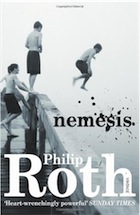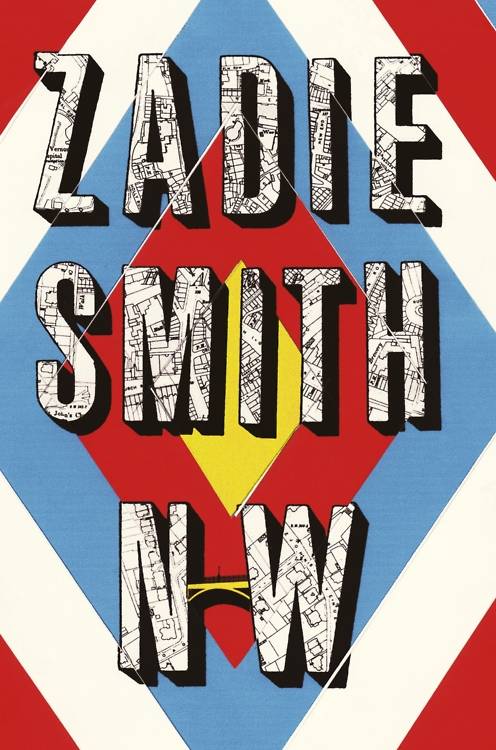Nemesis proved to be one of those books we were all able to agree on. Well, almost. Before George jumps in and accuses me of re writing history again not everyone was UTTERLY BOWLED OVER BY HOW WONDERFUL IT IS. George has doubts about the mid section. Doubting George. Always picking holes. Just because NOT EVERYONE IS BARBARA KINGSOLVER.
The evening was noteworthy in a number of ways. The location was shifted to MY HOUSE, where the red wine flowed like a fast flowing river flowing in a fast flowing way. I drank a bucket load and spent the next day groaning. I stopped groaning about four o'clock in the afternoon. By this time I couldn't remember the evening before. Not clearly enough to write a summary that is.
So, I had to go back to the CCTV footage. Carmen and I installed the CCTV system years and years ago when we were refurbishing the house. It has proven extremely useful as a means of tracing bunches of keys, shoes, children and various rubber instruments.
 |
| Arabella "I brought a bag" |
This image reminded me that the purpose of the Fergus Drive location was to get rid of some books. But hey, Arabella, if you also need a mini fridge, go for it.
 |
| Mark goes in search of the loo |
We waded through a lot of books. Most "were rubbish" and are therefore "still on my floor". The Winnie the Pooh erotica has disappeared. I think Martin had it in his pocket as he climbed, or was that more of a stagger, into his taxi at 3am.
Personally I think you missed some real gems. Embossed covers and everything. You will regret leaving those Reginald Hills behind, you know you will.
I hadn't finished Nemesis by the time of the meeting, so wasn't able to get stuck in to WHAT IT ALL MEANT and the IMPORTANCE OF GUILT as a theme, but I've added some thoughts in a blog below, should you want to wade through them. I did finish the book and LOVED IT. Roth is a genius. He is who I want to be when I grow old.
I should add, the quality of discussion amongst the group was particularly high. From Mark's extensive quoting of Latin to Martin's re-enactment of the first act of Hamlet, in which he played the Danish Queen Gertrude, were only two of the highlights. When Cathy offered to dissect our family dog I thought at first she was kidding.
Sadly neither John or Lisa were able to make Wednesday's lushfest. John was prowling the night cityscape taking photographs of the underside of motorways, while Lisa had a prebooking to play the ukelele. There are times when I wish I could make stuff like this up, but it is in fact true.
I should report that the Group had two special guests. Carmen Reid, celebrity author, occasional mother and the TALLEST PERSON PRESENT, sat in on most of the evening, helping with the wine lake.
And Jimmy, the Jack Russell, also made his presence felt before the heat of the fire, or possibly the intellectual rigour of the conversation, finally drove him to the back sitting room. Where he lay in front of the TV clearly wishing we'd turn it on so he could watch Top Gear, as he usually does on a Wednesday night.






